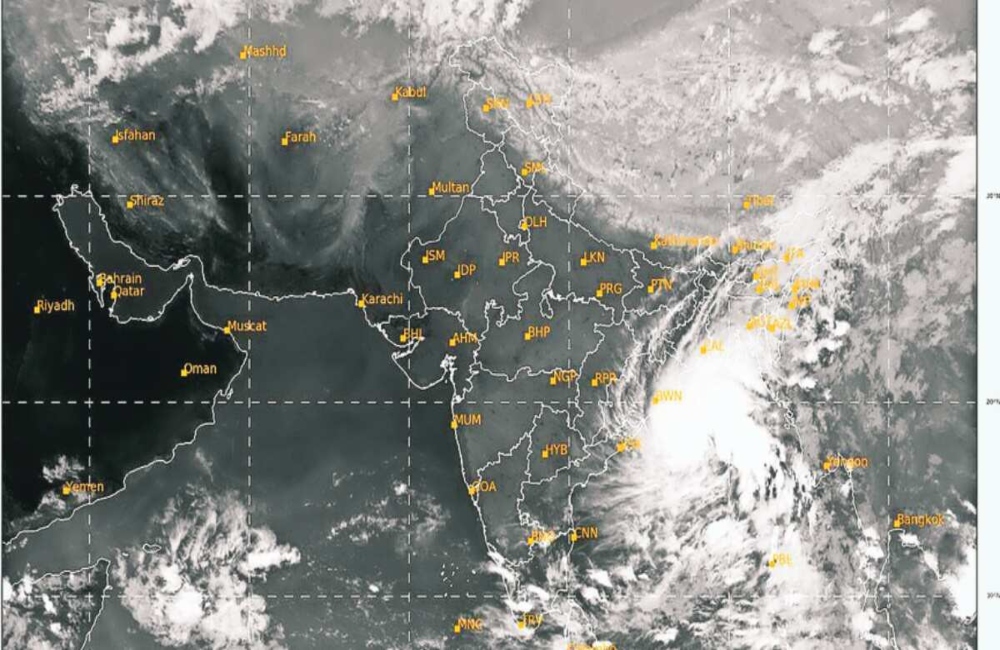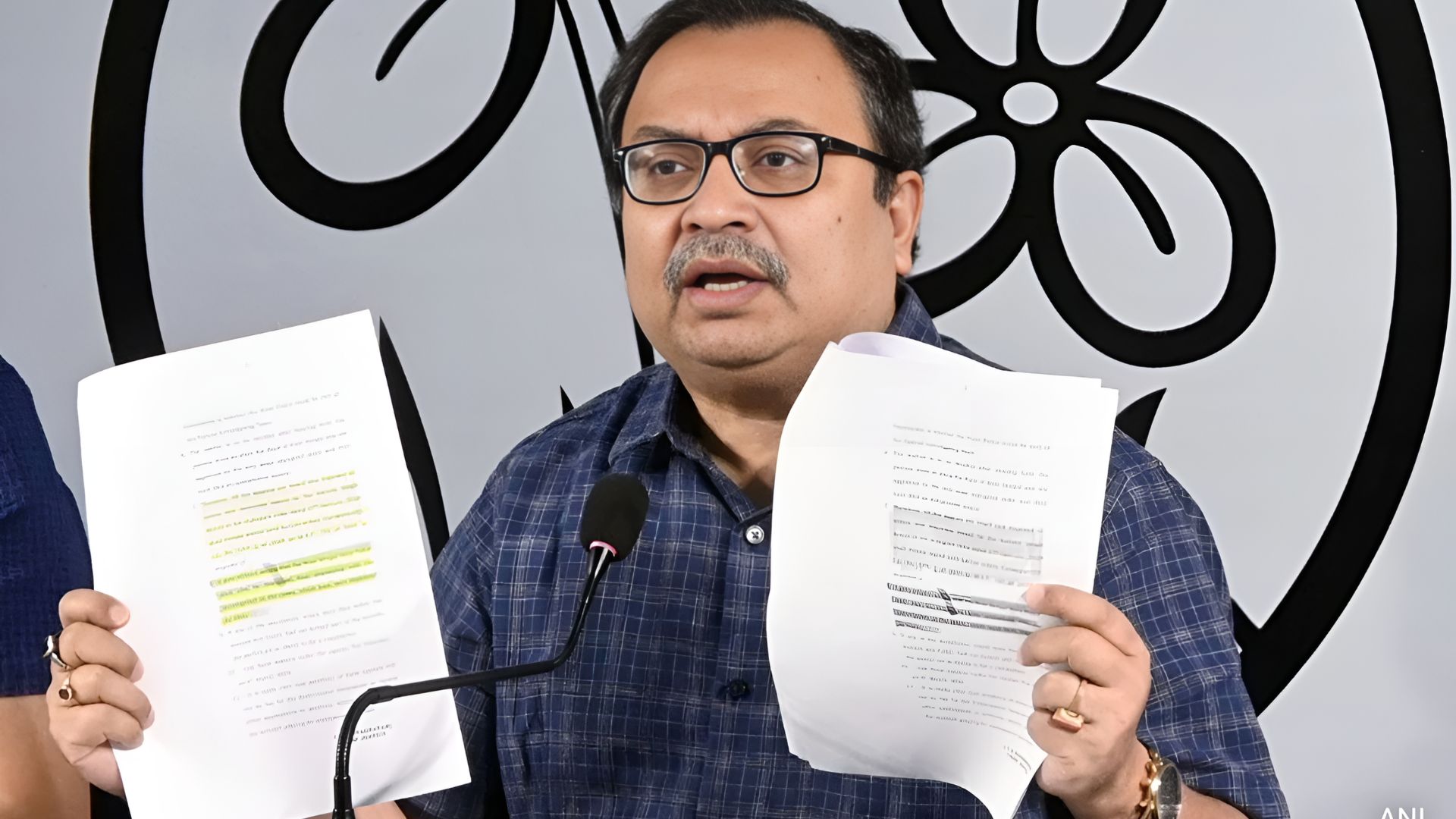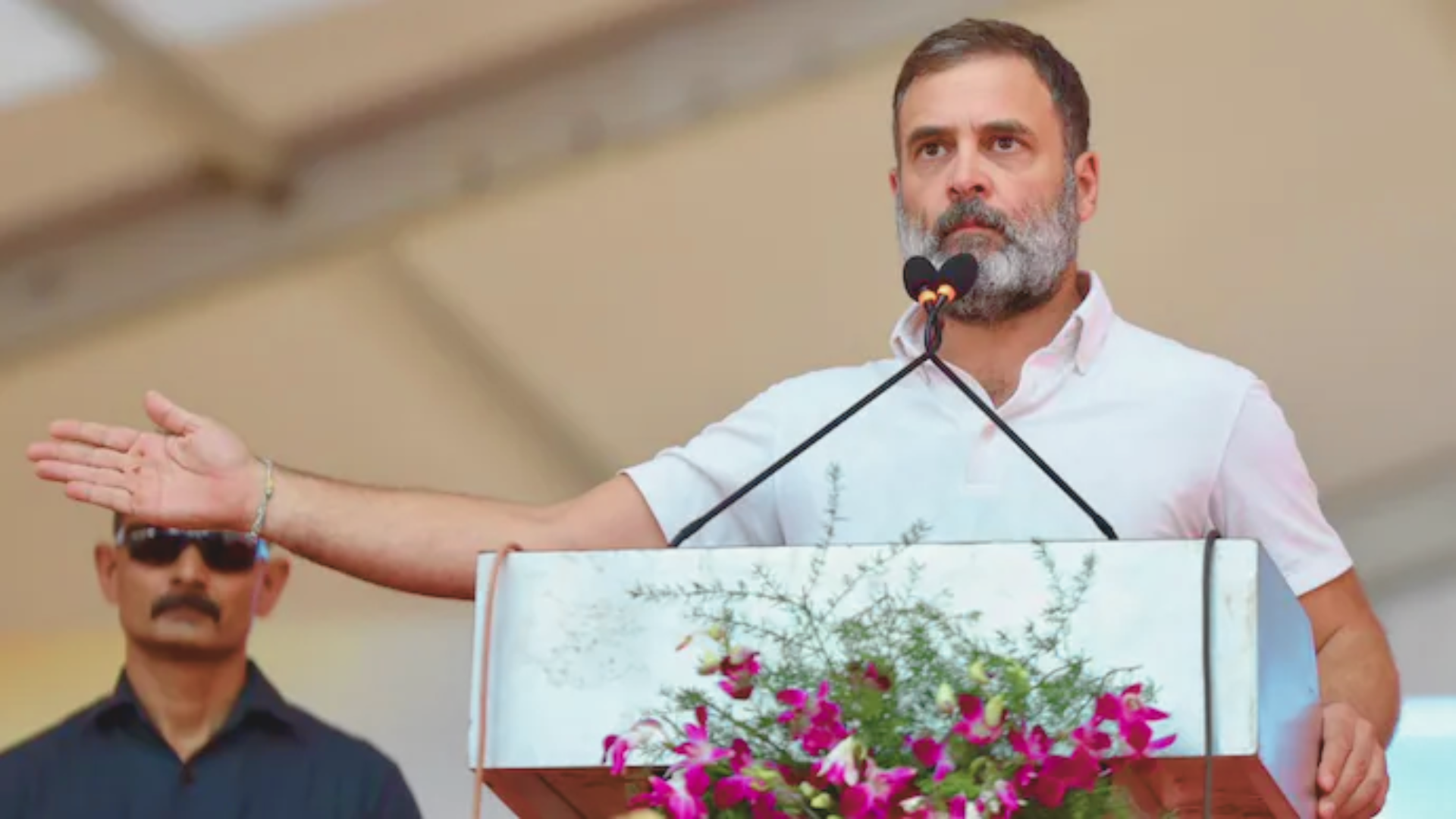


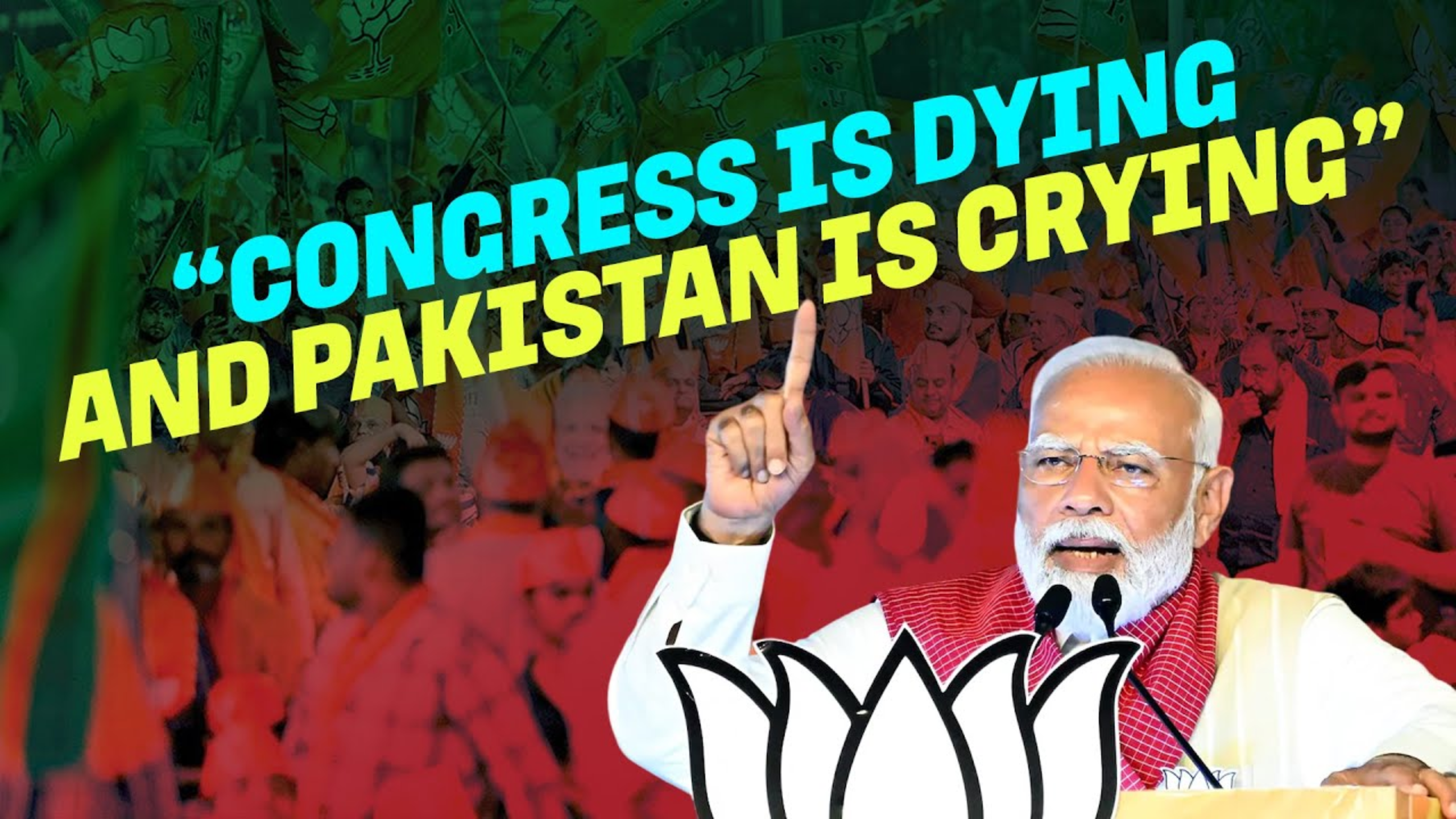
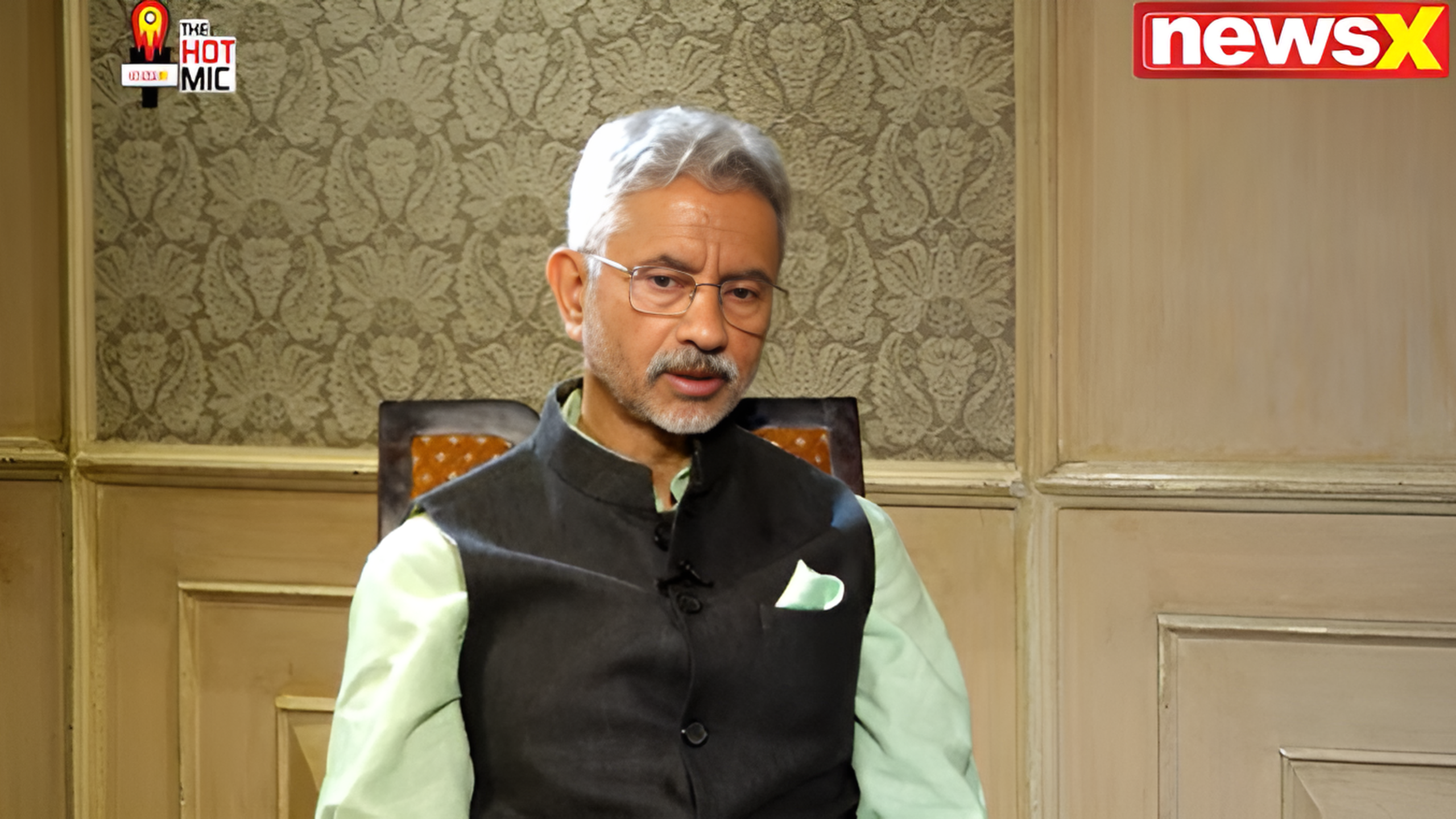
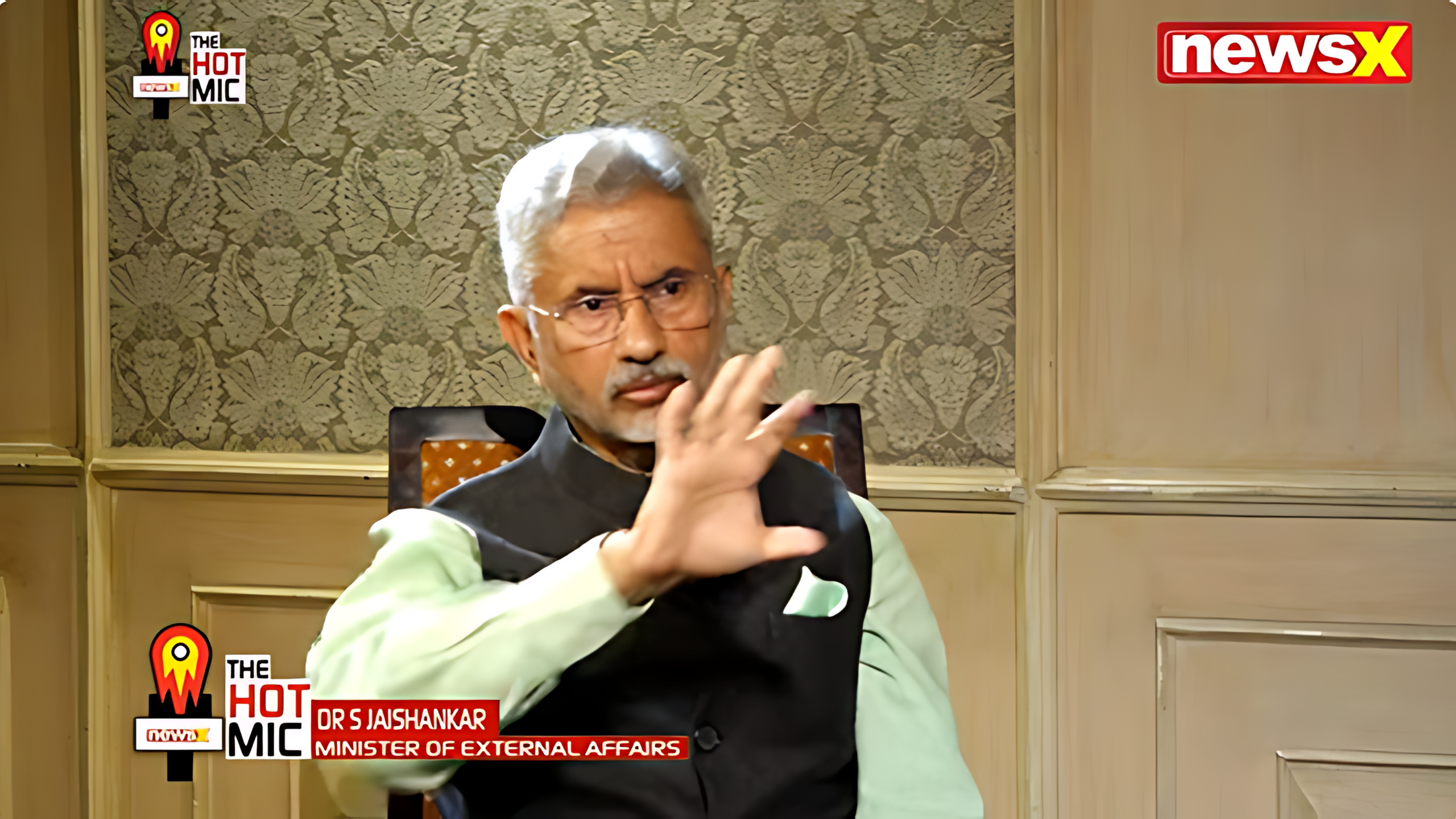

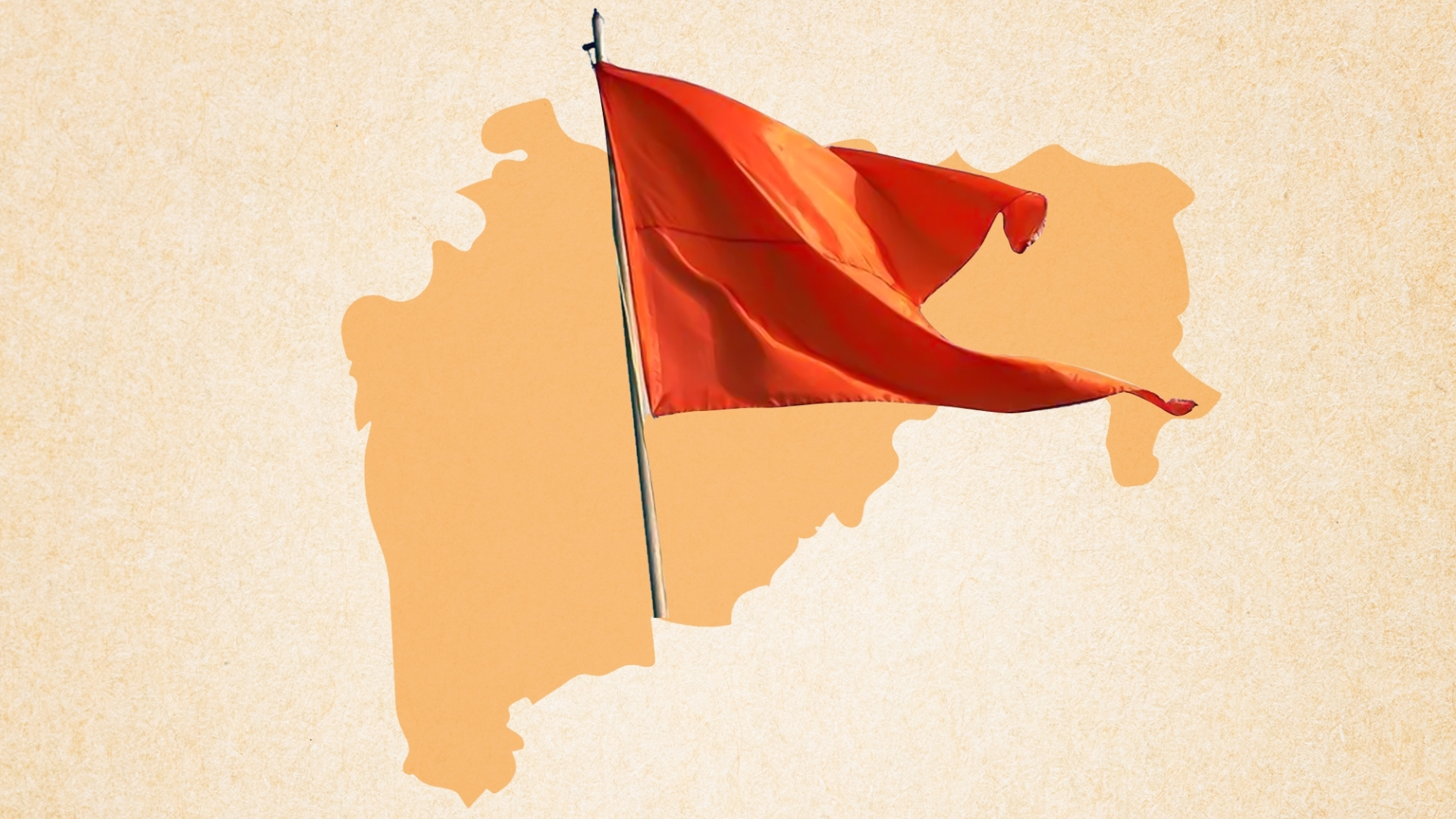
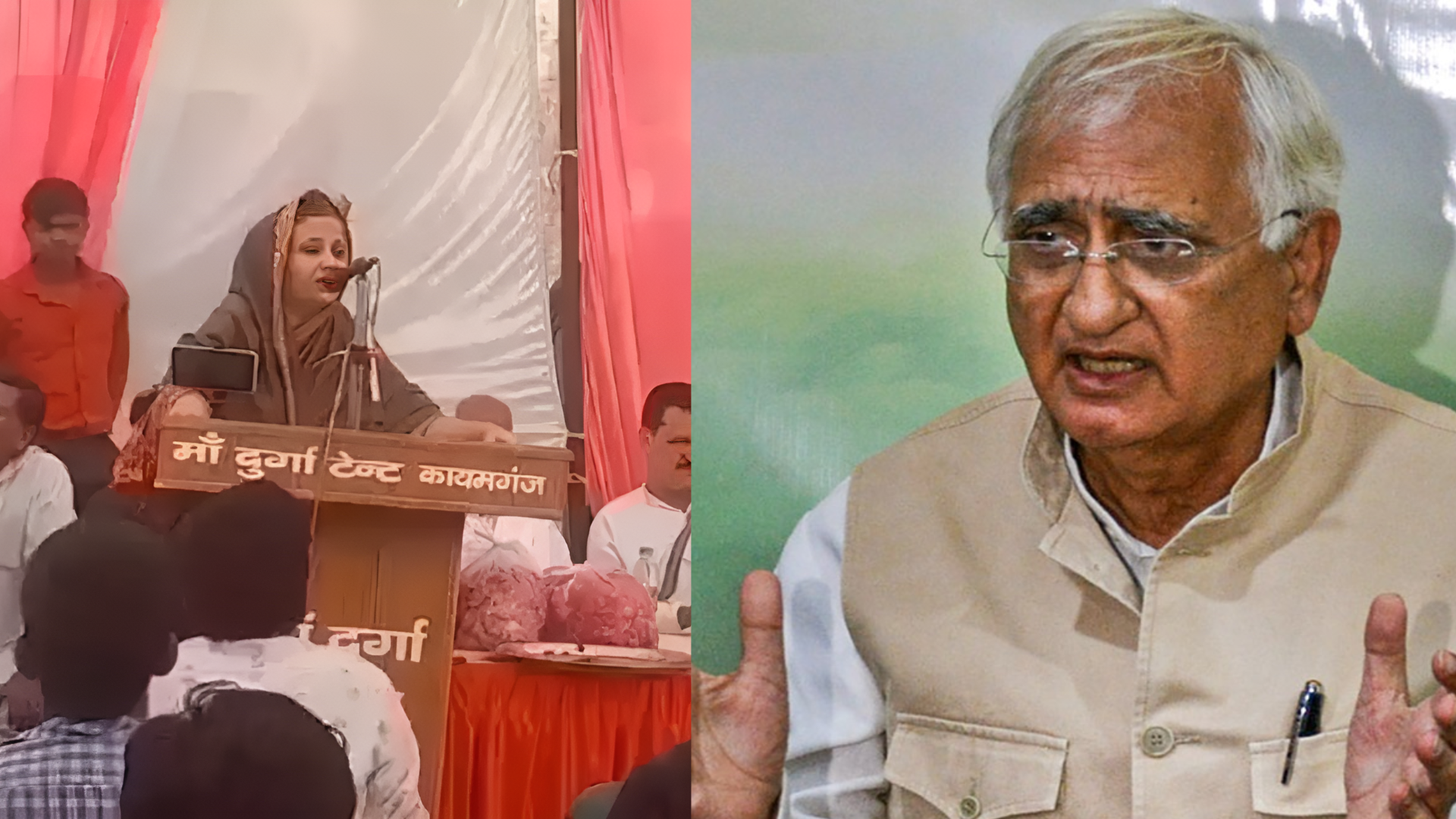
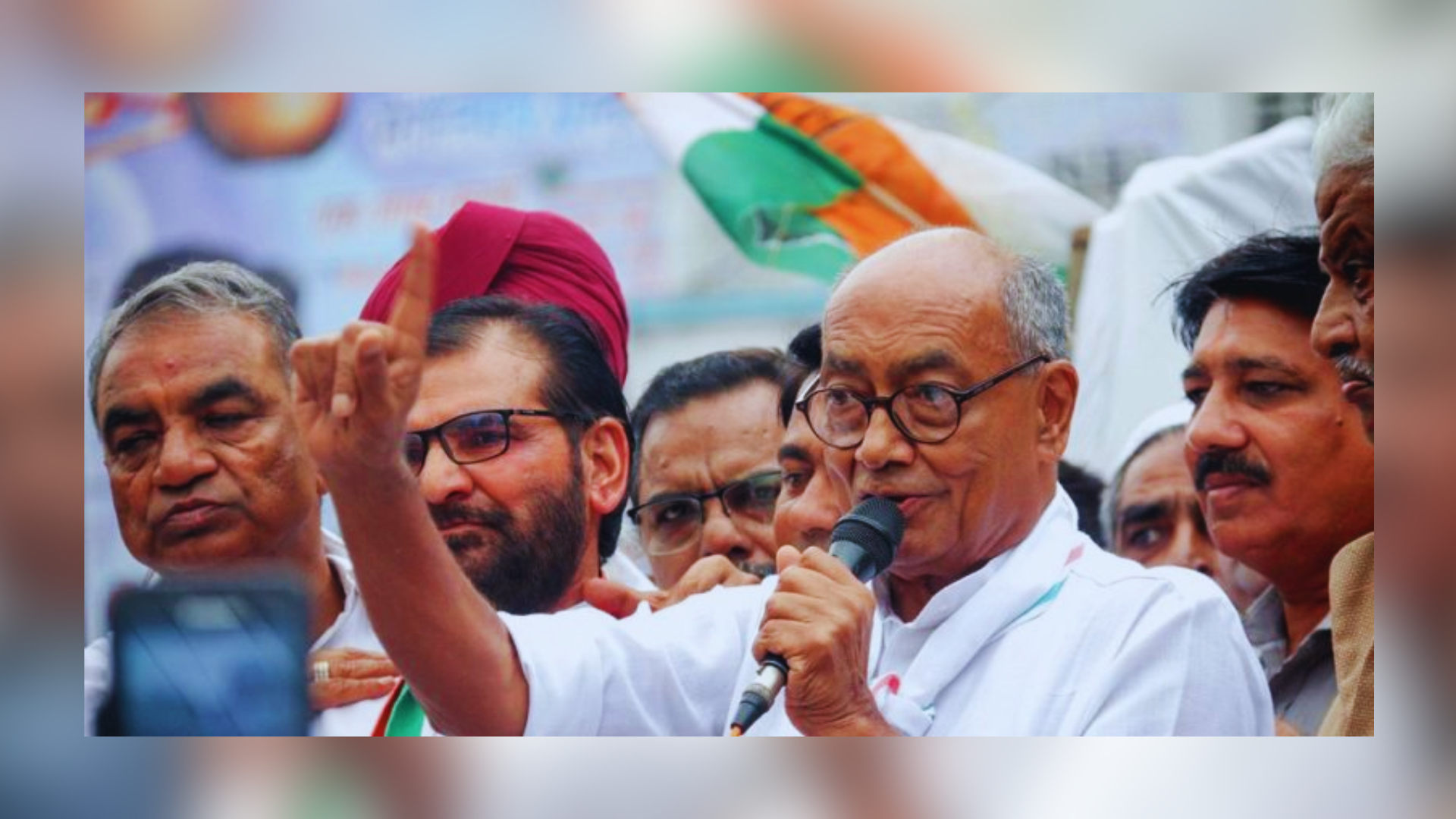
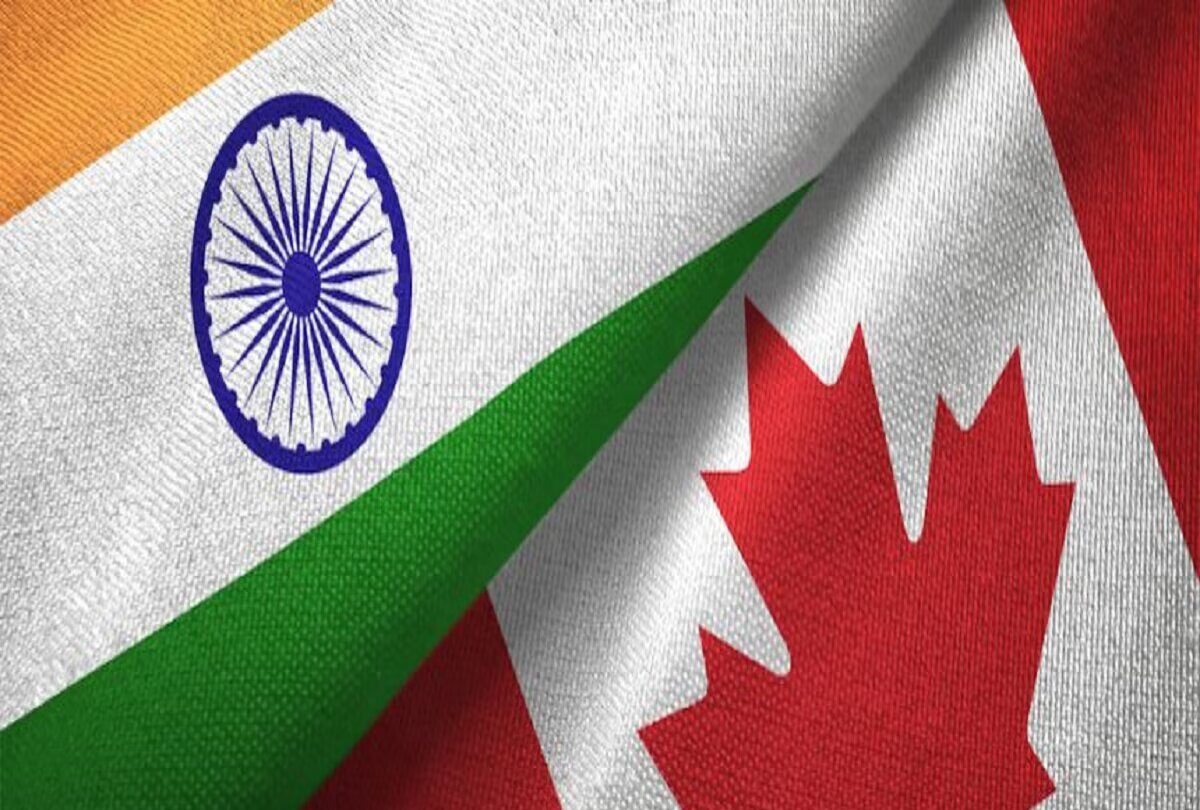
“Enough is enough”: Canada doubles student visa financial onus to curb frauds
Ottawa, December 8, Canada: According to CBC, Canada’s Immigration Minister, Marc Miller, emphasized the government’s commitment to preserving the integrity of the educational system by announcing a significant increase in the financial requirements for foreign students seeking study permits.
Miller also delivered a dire warning, threatening to “significantly limit visas” in the event that provinces and academic institutions do not take the necessary steps prior to the approaching fall semester.
The temporary lift on the 20-hour work limit for international students has also been extended by the decision, and it will now last until April 30, 2024. According to Canadian public broadcaster CBC, Miller detailed the government’s concerns regarding possible abuse in the system, focusing on both dubious employers and establishments that might not be offering a true educational experience.
At a press conference, Miller voiced worries about some academic institutions functioning as “puppy mills” and emphasized the necessity of addressing systemic fraud and abuse.
He stated, “There are, in provinces, the diploma equivalent of puppy mills that are just churning out diplomas, and this is not a legitimate student experience.”
Potential students will now have to meet a higher financial requirement of USD 20,635, which is double the previous threshold of USD 10,000. The purpose of this adjustment is to guarantee that overseas students have enough money to pay for their living expenses in addition to their tuition and travel costs. Every year, the amount will be modified in accordance with Statistics Canada’s benchmarks for living expenses.
Miller emphasized that educational institutions must carefully control the number of foreign students they admit, taking into account their capacity to offer housing or help with off-campus housing searches.
“It is possible that we will fall short. In certain situations, the designated learning institutions just need to be closed, but the provinces have other options as well, such as regulating them,” Miller added.
According to CBC, the action is meant to allay worries that overseas students are being coerced into exploitative jobs and are having difficulty locating appropriate housing.
“It’s why we expect learning institutions to only accept a number of (international) students that they’re able to provide for — able to house, or assist in finding off-campus housing,” he stated.
The minister emphasised the government’s commitment to protecting international students from potential vulnerabilities and exploitation.
Miller also stressed the importance of collaborative efforts with provinces, urging them to take proactive measures.
However, he made it clear that if provinces fail to act, the federal government is prepared to intervene, stating, “Enough is enough. If provinces and territories cannot do this, we will do it for them, and they will not like the bluntness of the instruments that we use.”
Miller acknowledged the need for further discussions with provinces before any potential visa caps are implemented, recognising the various tools available to them for regulation, including the possible closure of designated learning institutions that may not meet necessary standards.
“It is possible that we will fall short. The Canadian minister was quoted by CBC as saying, “Provinces have a number of tools at their disposal, including the regulation of the designated learning institutions, that in some cases just need to be shut down.”


